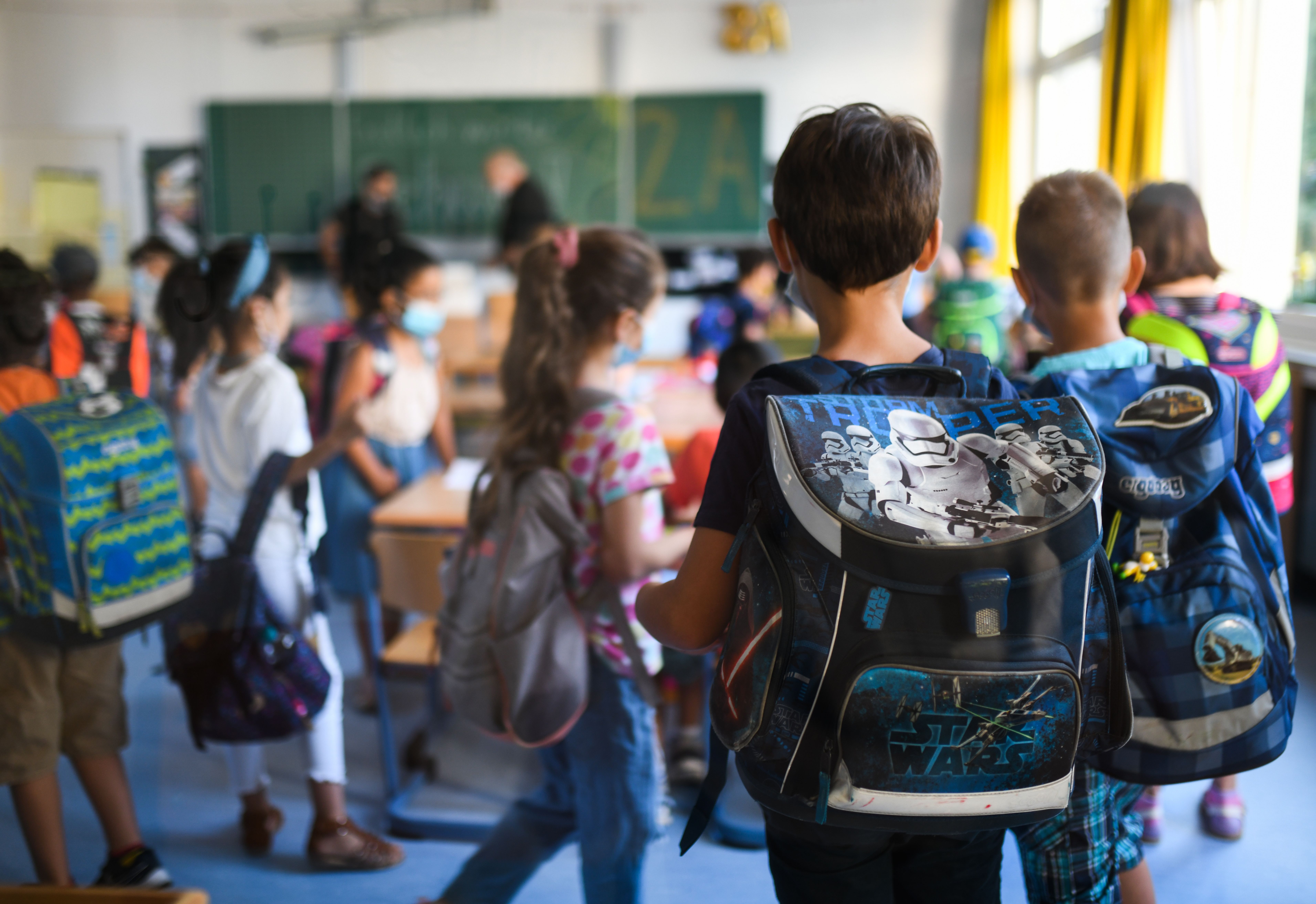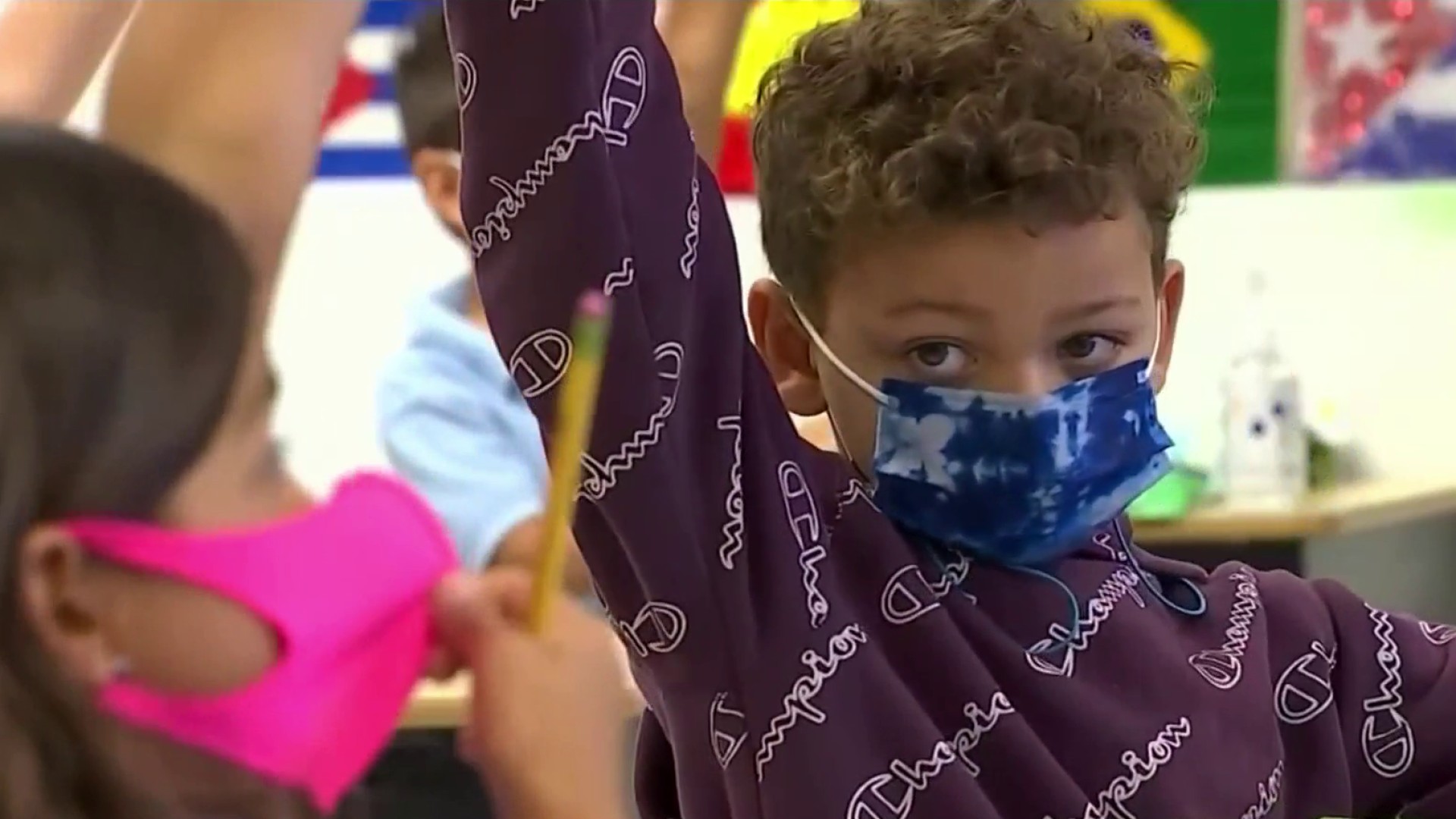For many months, we’ve been hearing our local school superintendents and national educational leaders saying the pandemic would lead to learning losses among students.
Now it’s happening.
Thousands of kids are falling through the academic cracks. About 1,700 students in Miami-Dade and nearly 800 in Broward are considered missing by the public school districts. These are kids who have basically disappeared, who are not logging into online school or showing up for in-person classes. Another 14,000 or so, a figure combining numbers from both counties, are considered chronically absent.
“The problem is significant and it’s one that we anticipated, and quite frankly is manifesting itself across the country,” said Miami-Dade Schools Superintendent Alberto Carvalho.
“On the percentage basis it’s pretty small, but it’s too big a number for me, it’s too big a number for the district, we’ve got to go and engage those kids,” said Broward Schools Superintendent Robert Runcie.
Miami-Dade and Broward Public Schools are tackling the problem by using teams of their own social workers, mental health professionals, and counselors to track down the truant kids and intervene with their families. We went along on two of these outings Thursday.
Marjory has been absent this entire school year, from online or in-person classes, so Broward Schools social worker Lilia Francois made a house call to Marjory’s Fort Lauderdale home to find out why.
Schools and COVID
“It’s all hands on deck, and we find some unique situations,” Francois said.
Speaking in Spanish, Marjory’s mom said, incredibly, that she didn’t know Broward Schools was giving out free laptops. Despite the dozens of robocalls and emails and massive news media coverage of the laptop giveaways, somehow she claims not to have known her daughter could’ve been doing E-learning all along. Francois brought Marjory a brand-new computer Thursday, so she can now rejoin the 10th grade, already in progress.
“It’s exciting because I can start school again, finish high school,” Marjory said.
Miami-Dade Schools sends its social workers on what it calls “wellness visits.”
“Find out how the family is doing, what are the issues that could be contributing to the absences,” said Daniel Ore, a social worker who visited the Yoham family today.
The two Yoham kids, Michael Jr., who is in high school, and Kevin, who is in fourth grade, have each missed more than 30 days of online school. Their single dad says his younger son, Kevin, has an underlying lung condition. Fearing Covid-19, he won’t send him to the schoolhouse.
“I don’t want him to get sick and with mom passing away, I need my children desperately," Michael Yoham said. "I don’t want nothing to happen to my children but I really don’t want them to lag behind in school, either."
“I literally have to take care of him all day at home so I can’t log in,” Michael Jr. said about his situation, referring to his brother.
“We really need the community's assistance in getting the word out that there are children who are facing very difficult conditions and we need them back,” Carvalho said.
“There are lots of challenges, and as a school system we’ve had to not only provide our core mission around teaching and learning, but all of these social services, mental health services and support, and in effect we’re turning into the social safety net for our communities,” Runcie said, practically describing all urban school districts in the nation.
Help for these families is available. Marjory is a case in point.
“Oh, we’re gonna make sure she gets back on track, ‘cause we’re going to monitor her, daily,” Francois promised.
Every case is different. There are a myriad of reasons for students to be disengaged during this pandemic, from connectivity issues to childcare issues to simply not having a suitable learning environment in the home.
Sometimes, intervention is the only way to get truant kids back on track.



